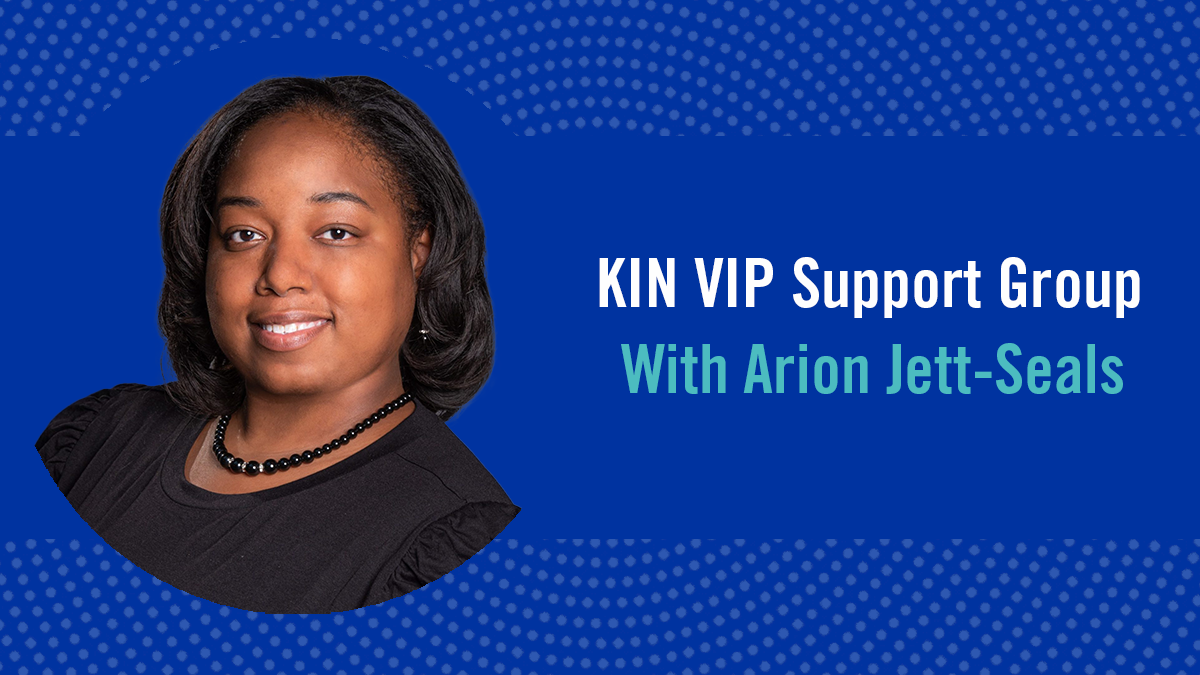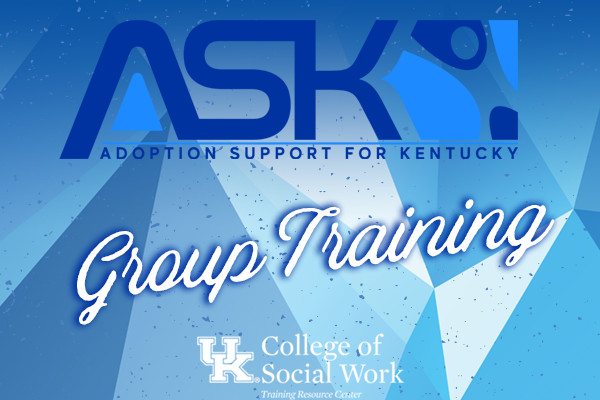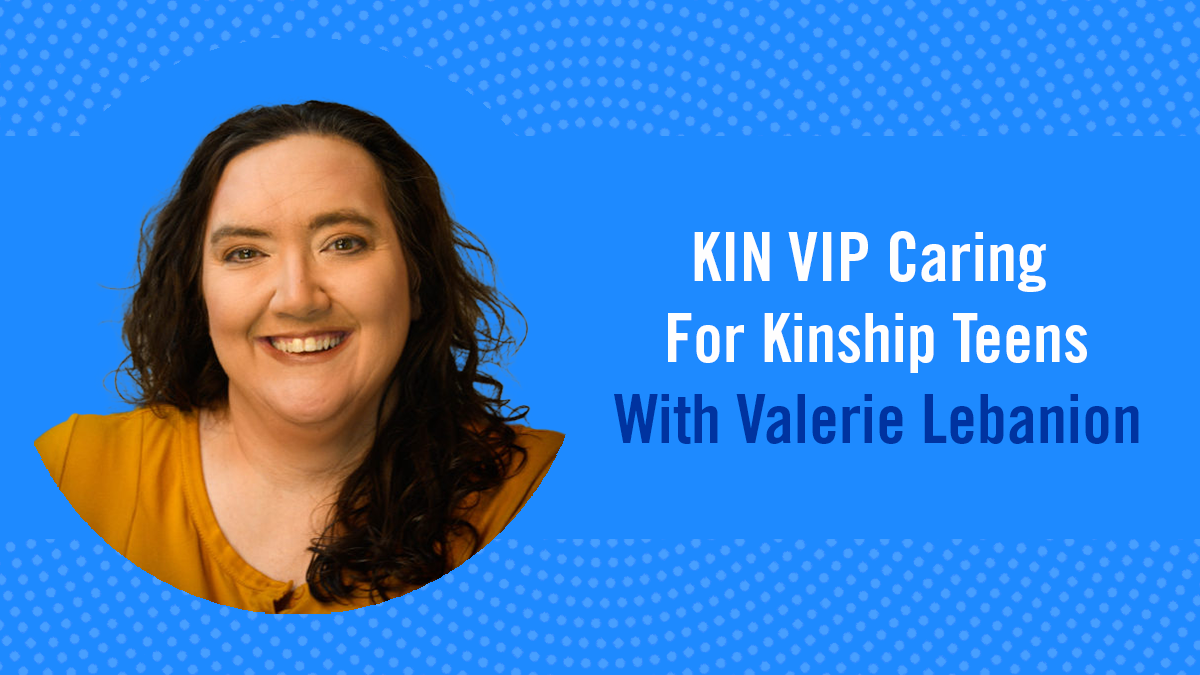
Week of Events
KIN VIP Support Group With Arion Jett-Seals
This group will focus on the day to day issues involving relative and fictive kin care and will be shaped by the identified needs of group participants. Members of this daytime group are encouraged to share their emotions, challenges, stress, concerns/needs, and excitement with the group in order to gain feedback, resources, support, and knowledge […]
Adverse Childhood Experiences (ACES)
Adverse Childhood Experiences (ACEs) come in many forms, from physical and mental abuse to neglect and household dysfunction. This training examines data from the ACE study, how early adversity as a child can impact adult physical, social and emotional health as well as what foster and adoptive parents can do to address trauma and create […]
KIN VIP Caring For Kinship Teens With Valerie Lebanion
Caring for Teens in Kinship is a new KIN VIP Support Group offering for caregivers who are caring for teenagers in kinship care. This group will focus on caring for teenage youth placed in relative and fictive kin care and will explore topics related to day-to-day caretaking, communication, relationship-building, discipline approaches, and support for children […]
First Steps: Kentucky’s Early Intervention System
First Steps: Kentucky’s Early Intervention System explores the services provided by this program. Participants learn how to refer children ages zero to three who have developmental delays, or medical conditions known to cause developmental delays, for First Steps services. How to work with the program to create an Individual Family Service Plan (IFSP) is explored. […]
Connecting With Your Child While Correcting Behavior
Connecting with Your Child While Correcting Behavior introduces parents to strategies to use to help them feel connected to children while correcting difficult behaviors. Parents will learn how to connect while also understanding the child’s history and also empowering them in the process. After completing this training, participants will be able to: Participants will learn […]
KIN VIP Support Group With Mary Jo Dendy
This group is an opportunity for kinship caregivers to come together to find support, community, and resources in the care of relative and fictive children. This group will focus on the day to day issues involving relative and fictive kin care and will be shaped by the identified needs of group participants. This Group is […]
Helping Foster & Adopted Children Transition To A New School
Helping Foster & Adopted Children Transition to a New School will assist foster/adoptive parents in preparing to enroll a child in a new school. It will also provide practical tips for helping their children explain adoption to their classmates in a way that is comfortable to them and gives suggestions regarding answers to common adoption […]
A Guide To Coping With Allegations
A Guide to Coping with Allegations explores the prevalence of false allegations of abuse and neglect amongst foster homes and reasons such allegations may arise. Strategies for preventing false allegations are shared and tools for successful documentation are provided. Strategies for navigating false allegations and related investigations are also explored. After completing this training, participants […]
Perceptions Of Adoption: A Child’s Developmental View
Perceptions of Adoption: A Child’s Developmental View will discuss the ways a child’s cognitive development skills and emotions develop, and how that impact his or her perceptions regarding adoption. This training provides information on how these perceptions change at each major developmental stage, along with how foster and adoptive parents can help children work through […]
ARC Meetings & IEPs: The Basics
ARC Meetings & IEPs: The Basics will help foster and adoptive parents understand the process of an ARC Meeting and gain a better perspective of what an IEP will look like. It offers strategies and ideas to help parents be prepared the ARC meetings. This training also offers sample IEP goals and objectives to give […]
Helping Your Child Succeed In School
Helping Your Child to Succeed in School will increase the ability of foster/adoptive parents to understand educational challenges faced by foster/adopted children. It will give resource parents the tools for creating a positive educational experience for their foster/adopted child, and equip them with the necessary tools to help support their children in the educational setting. […]
Ten Things Every Pediatrician Should Know About Children In Care
Ten Things Every Pediatrician Should Know About Children in Care will equip foster and adoptive parents to better understand the unique medical factors children in care face. This training will also offer some tips and ideas to help foster and adoptive families work with health care staff and professionals at addressing these characteristics in order […]




